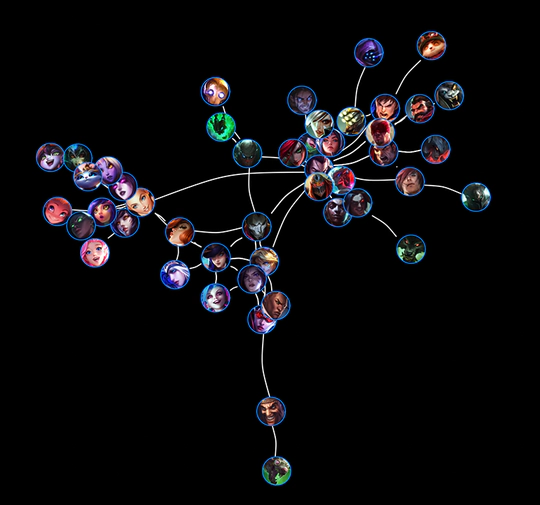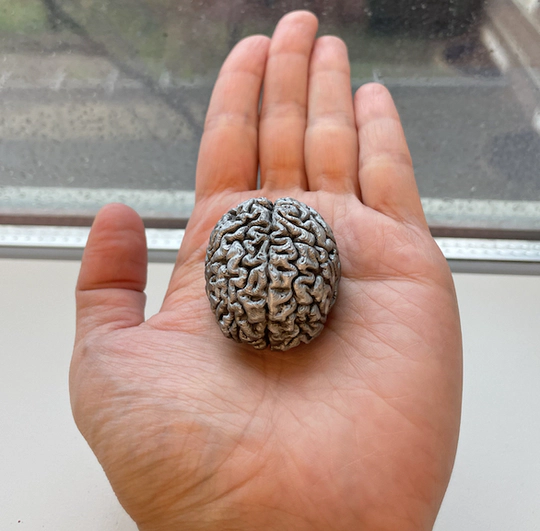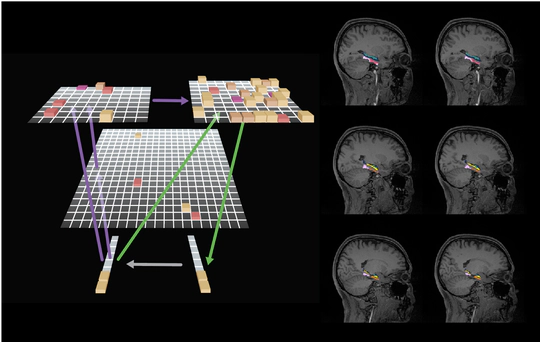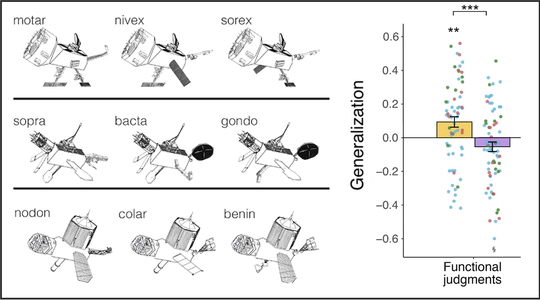About
I am a mixed methods researcher with 8+ years of experience researching human behavior and psychology. I am currently a PhD Student at UPenn in the Computational Cognitive Neuroscience Lab studying how people learn and remember. I have also conducted user research in the gaming industry at Riot Games where I uncovered complex patterns in user social behavior and drove the design of new features on PC and mobile.
I am currently open to work and seeking UX research or data science jobs! Please contact me for my resume.
- Quantitative and qualitative methods
- Data analysis, visualization, statistics
- Understanding how people/users think
PhD in Psychology, Spring 2025
University of Pennsylvania
MA in Psychology, 2020
University of Pennsylvania
BSc in Psychology, Book & Media Studies, 2018
University of Toronto
Selected Projects
Select a project to read more
Featured Publications
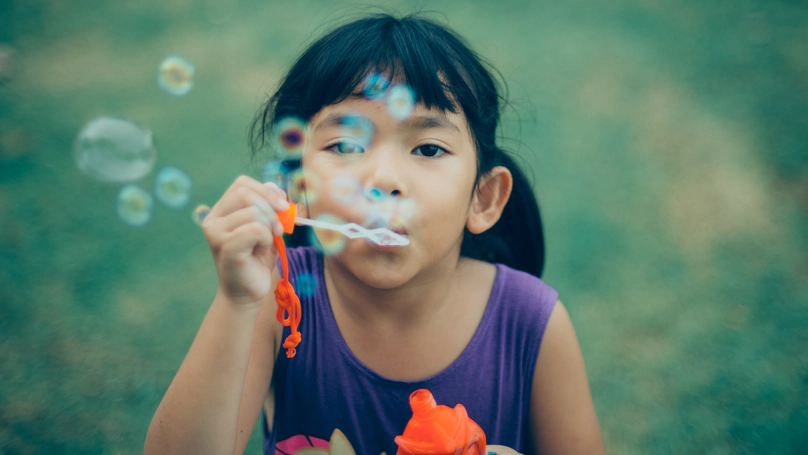
Why can kids seemingly learn so much without even trying? By comparing how children and adults learn in the lab, we discover a reason why this could be. We find that children and adults pay attention to and process information in very different ways. Children pay attention to their environments in a more holistic and open-minded fashion, thus taking in more information from the worlds around them, kind of like a sponge. On the other hand, adults selectively attend to only one source of information and ignore and filter out everything else. While this can be beneficial for the task-at-hand, it does mean adults are processing and learning less from the environment. Together, this suggests that children learn so much because they are processing more information than adults.
Publications
Paper Data/Code APA News University News Medical Xpress News Talkshow Radio
Personal Projects
